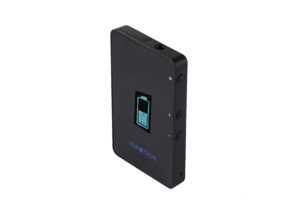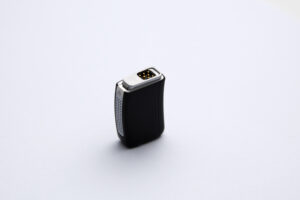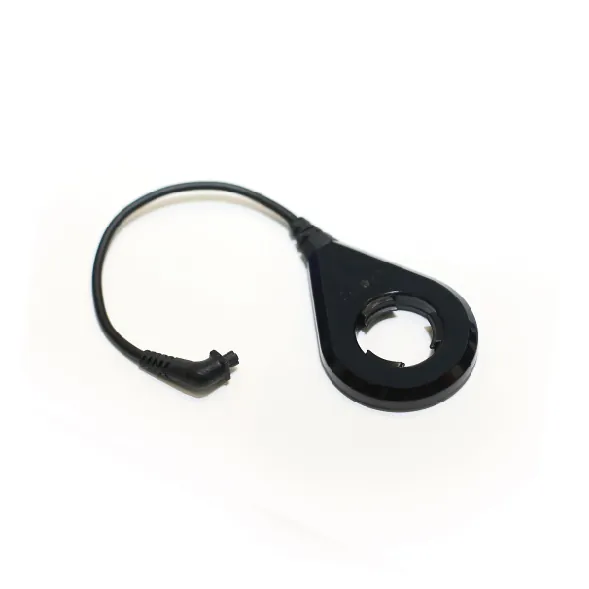
Did you know that over 700,000 people worldwide have received cochlear implants? That’s a staggering number when you think about it! These incredible devices not only help individuals hear but also come with a range of accessories that enhance their functionality. However, the legal and regulatory aspects surrounding these accessories are just as fascinating.
The Essentials of Accessories for Cochlear Implants
accessories for cochlear implants include everything from batteries to wireless transmitters, all designed to improve user experience. Legally speaking, these accessories must comply with various regulations set forth by health authorities like the FDA in the U.S. This means they need to meet safety standards before hitting the market. Additionally, many of these products are protected under trademarks which ensure brand identity and consumer trust—essentially making sure that what you’re buying is genuine and effective!
Nurotron’s Trademark Triumphs

Nurotron is one company that’s really made waves in this space. Their trademarked products stand out due to their innovative design and high-quality performance. They’ve established a strong brand presence through rigorous adherence to legal standards while ensuring their accessories complement cochlear implants seamlessly. Nurotron’s commitment to quality has earned them recognition not just among users but also within industry circles where intellectual property rights play an essential role.
Cochlear Implant Bluetooth Pairing: A Trademark Perspective
When we talk about cochlear implant bluetooth pairing, several trademark characteristics come into play:
- Brand Recognition: Many companies use specific logos or names associated with Bluetooth technology in their marketing materials.
- User Experience: Trademarks often highlight unique features that enhance connectivity between devices.
- Safety Standards: Products claiming Bluetooth compatibility must adhere to strict guidelines protecting consumers from faulty connections or security issues.
- Differentiation: Trademarks help distinguish one company’s Bluetooth-enabled accessory from another’s, giving consumers clear choices based on reputation and reliability.
- Loyalty Building: Strong branding through trademarks fosters customer loyalty as users tend to stick with brands they trust for such critical medical devices.
A Concluding Note on Accessories’ Legal Framework
The world of accessories for cochlear implants is rich not only in technological advancements but also in legal intricacies related to trademarks. From ensuring product safety through regulatory compliance to building brand loyalty via distinctive trademarks like those seen at Nurotron, it’s clear that understanding this landscape can significantly impact both manufacturers and users alike!
